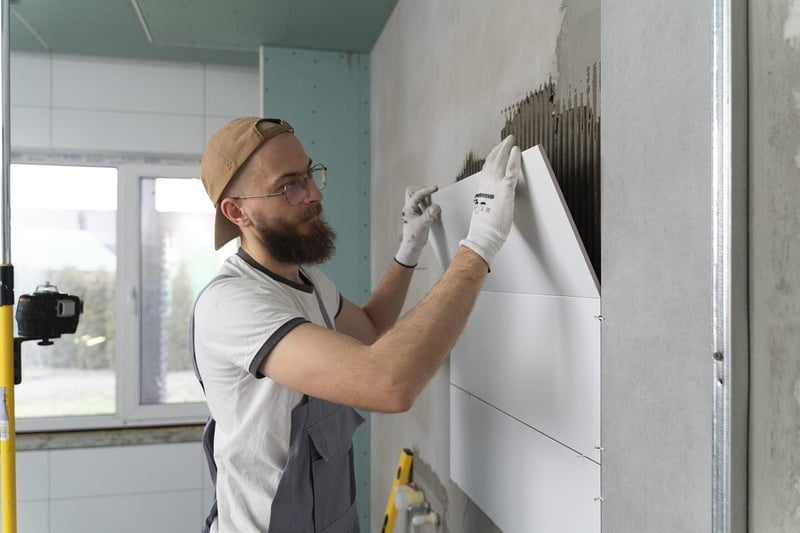Restorative
The Power of Restorative Practices for Physical and Mental Well-being

In today's fast-paced world, taking care of our physical and mental well-being is more important than ever. One powerful way to achieve this is through restorative practices. These practices focus on rejuvenating the body and mind, promoting relaxation, reducing stress, and fostering overall well-being.
Benefits of Restorative Practices:
- Stress Reduction: Engaging in restorative practices such as meditation, deep breathing, or gentle yoga can help lower stress levels and promote relaxation.
- Improved Sleep: By calming the mind and body, restorative practices can enhance the quality of sleep, leading to better overall health.
- Enhanced Mental Clarity: Taking time for restorative activities can clear the mind, improve focus, and boost cognitive function.
- Emotional Well-being: Restorative practices can help regulate emotions, reduce anxiety, and promote a sense of inner peace and balance.
Types of Restorative Practices:
There are various restorative practices that individuals can incorporate into their daily routines to promote physical and mental well-being:
- Meditation: Sitting quietly and focusing on the breath can help calm the mind and reduce stress.
- Yoga: Gentle yoga poses combined with deep breathing can relax the body and mind.
- Massage Therapy: Massage can release tension, improve circulation, and promote relaxation.
- Nature Walks: Spending time in nature can have a restorative effect on mental well-being.
By incorporating these restorative practices into your daily routine, you can experience a profound improvement in your physical and mental well-being. Remember to prioritize self-care and make time for activities that nourish your body, mind, and soul.
Take a step towards a healthier and more balanced life by embracing the power of restorative practices today!

